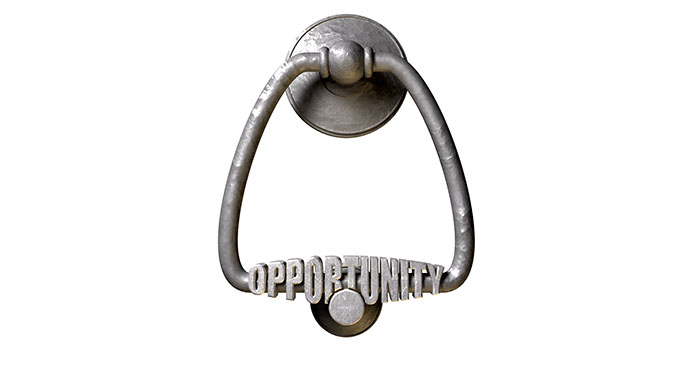Layoffs at American tech companies have become an opportunity for small businesses, as highly skilled workers look for new work.
Small businesses with less than 250 workers employed 58 percent of the total workforce in 2020, according to the U.S. Census.
Tech startups have posted far more job offers than Big Tech firms in recent months in an effort to recruit laid-off talent, according to an April 26 report from Revelio Labs, a workplace data provider.
They now lead the way in available job listings, despite an economic slowdown, as these smaller companies look to hire new employees.
Small tech gobble you talent
Since the pandemic, many small businesses have had a hard time hiring workers as the labor market remains tight. These firms have found it difficult to fill positions, with active postings remaining open for long time.
Most smaller firms lacked the resources to keep up with the larger companies that offered more generous wages and benefits.
The situation has eased since the beginning of the year, as large companies started to order hiring freezes and massive layoffs, opening the field for small businesses to add fresh talent.
Job postings at small firms rose 80 percent in February since the beginning of last year, compared to 20 percent for larger firms, said Revelio.
Tech startups have posted about 15 percent more openings than Big Tech companies from December through February, as they take interest in hiring laid off tech staff.
Uncertainty shrinks companies
Major tech companies like Meta and Amazon have announced over 100,000 job cuts so far this year, putting many talented workers on the market.
“It was a surprising result, because I think some of the narrative here is that it is doomsday for startups or that funding has dried up,” Ben Zweig, CEO of Revelio Labs, said.
“And that’s not really what we’re seeing,” he added, explaining that the recent trend may be why many of the announced layoffs have yet to fully show up in the latest reports.
The information sector, which includes many tech positions, had only fired about 30,000 workers in 2023, while openings in the industry have seen an uptick in recent months, according to the U.S. Bureau of Labor Statistics.
However, the effect of high interest rates, growing inflation, and a tighter loan market in the wake of several bank failures, is expected to have a negative effect on small firms in the coming months.
According to Bloomberg, hiring plans of small-business owners had been curtailed in March to the lowest levels since the pandemic due to the tightest credit conditions since the Great Recession.
“In retrospect, it’s looking more and more like a momentary blip,” said Zweig.
He still remains confident that the latest banking crisis will have a limited impact on the expansion plans of small companies.
Source Bryan Jung, epochtimes.com













